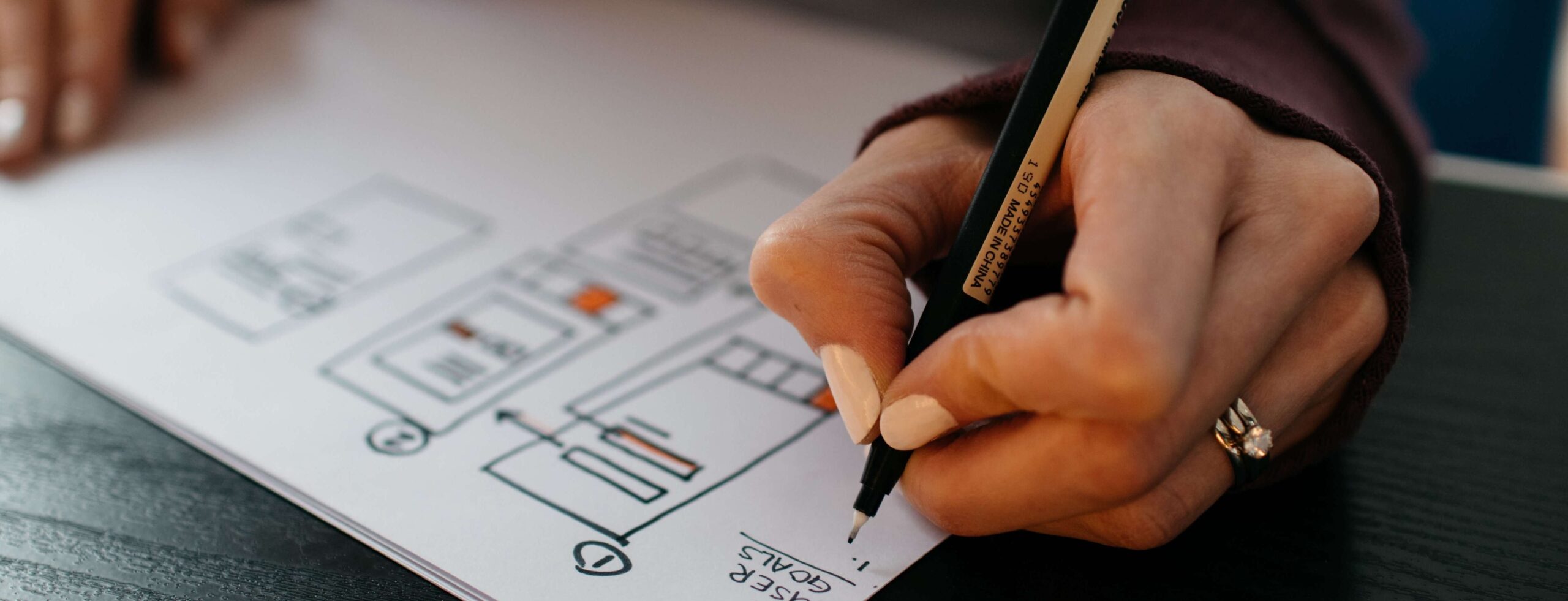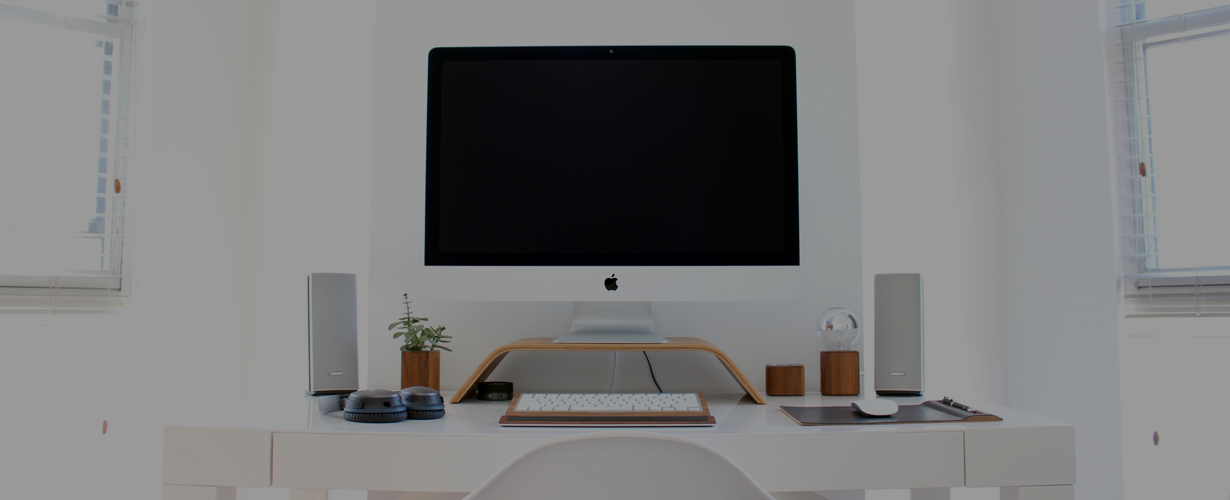Whether in interviews or socializing at conferences, the question pops up regularly, “what is your area of specialization?” I usually respond that I’m a generalist, but I’m working to grow my specialty in UX research (otherwise known as the vertical line in a ’T-shaped’ skillset). For others it might be an entirely different answer. If you haven’t quite figured it out yet, it helps to get a bit of background on what these terms generally mean within the industry. A User Experience generalist can usually perform both user research and design tasks for a project, while a UX specialist focuses on one aspect of UX such as user research or content writing. Most UX positions require a generalist skillset, but many want a generalist with a specialty as well such as UX designer capable of practicing service design. Most designers worth their salt are proficient at conducting at least some research, but there are UX Designers who are very advanced at interaction design or experienced at creating an information architecture but don’t have advanced enough research skills to plan a full ethnographic research effort for example. On the other hand, most PhD level user researchers have no experience with user interface design whatsoever.
As a generalist, I have a wide range of skills and experience that go beyond the bounds of UX, having done front end development and constructing a product requirements document. This allows me to be an excellent collaborator with partners because I understand their needs and can incorporate them into a stellar UX. However, it’s important to acknowledge that the work they do needs the same amount of focus and expertise as mine, so I respect their roles (we all have to row the boat in harmony to arrive at our destination!)
There have been times when businesses can’t or won’t recognize when they need greater headcount to achieve the desired results of certain disciplines. For example, if they want user research findings reflected in their product’s design, they certainly can’t rely on a backend developer to know how to do so, they must have an experienced UX designer. Unfortunately, most business think in terms of finding a specific solution to a problem they’re having and find specialist for that solution rather than recognizing the entire customer journey. Investing in customer experience professionals would help them identify a lot of the existing pain points across many internal silos within the organization.
Some designers have the opinion that if you’re happy to specialize in one skillset like product design, service design, accessibility, content, etc., you’ll be productive and experience greater satisfaction knowing that you’ve made a small contribution to the greater whole of the user’s experience.I personally feel both competent and challenged as a practitioner being a generalist. In my view, being a ‘full stack’ designer gives me more opportunities to impact all the aspects of design, which is exciting and empowering. Another reason I identify as a generalist is I’m concerned about the division of labor that’s happening within design. From what I’ve experienced in working with many different types of specialists within the UX umbrella, it takes a great deal of time for knowledge transfer and alignment between the different roles which can cause design to be perceived as the bottleneck, and more frequently bypassed altogether (unfortunate but that’s reality in some places, even with a Chief Design Officer). Though I’d never advocate against specializing, there are some drawbacks to it as well as many benefits to being a generalist. What type of UX role do you most enjoy?
UX Specialist Vs. GeneralistDecember 17, 2022



